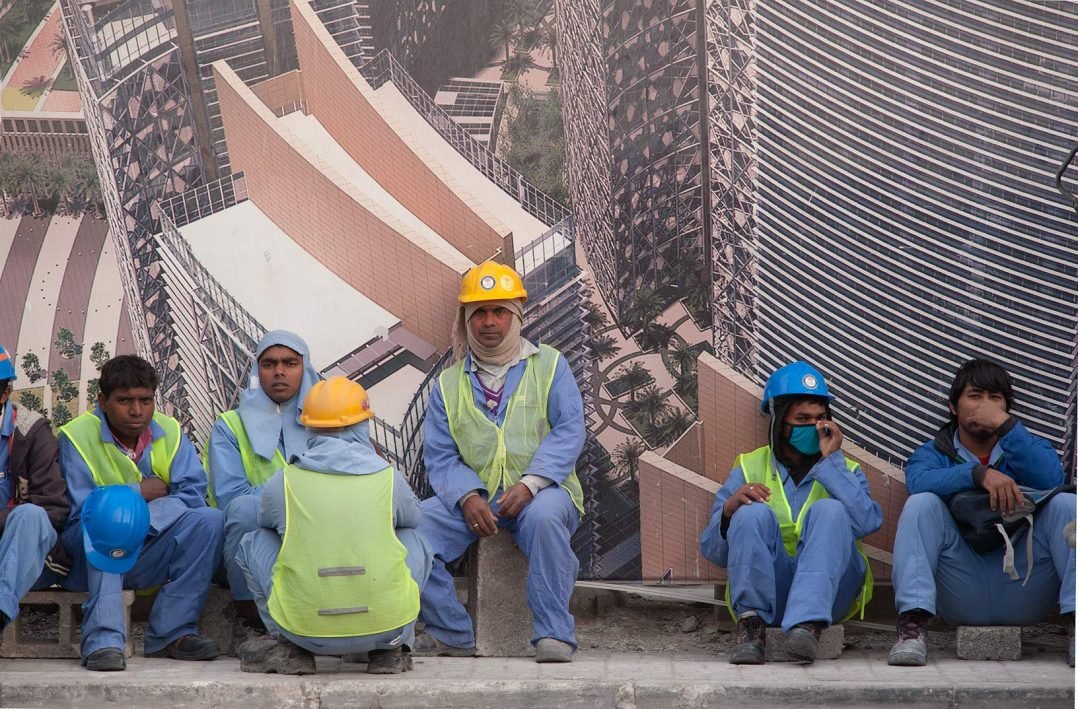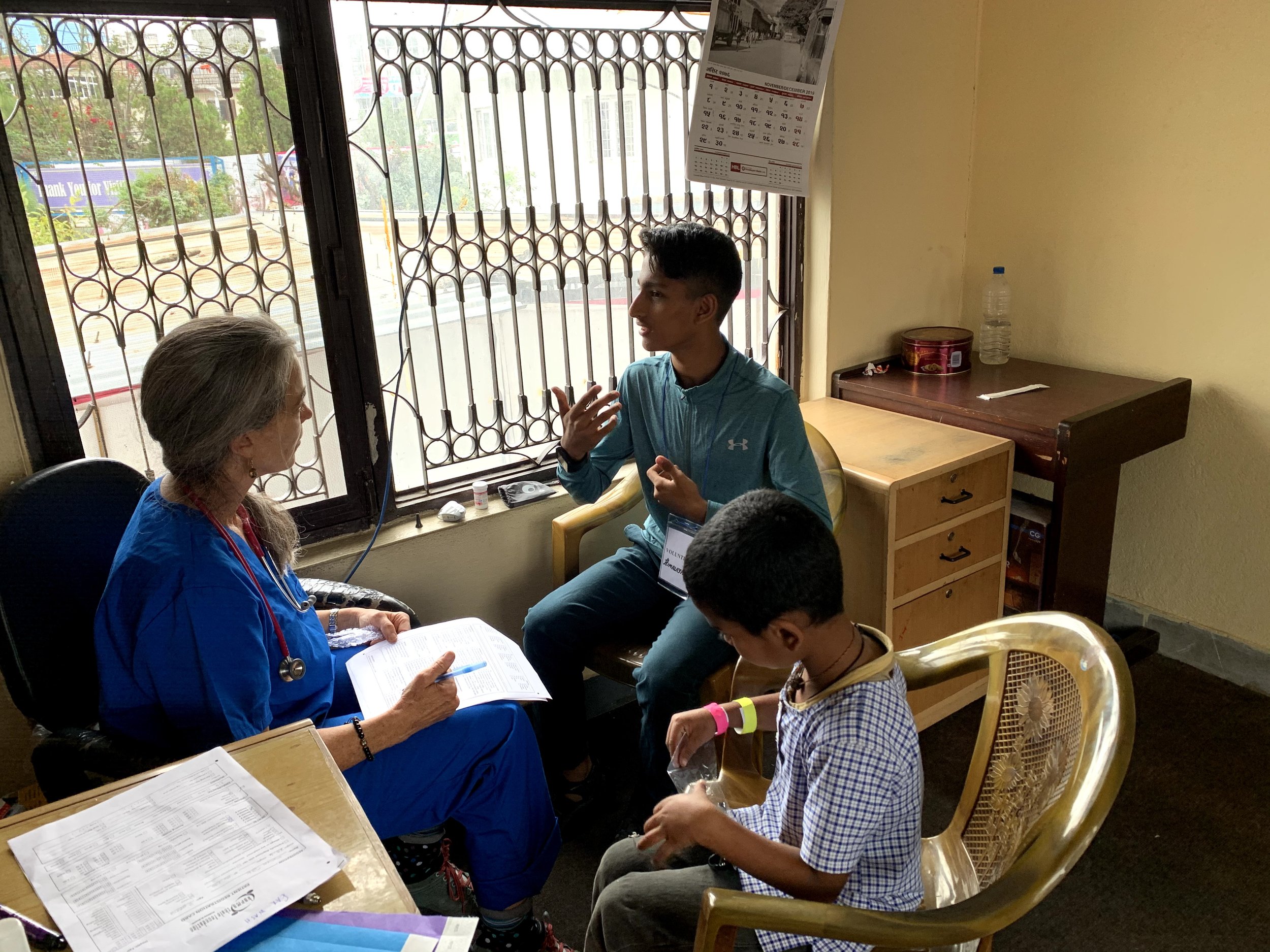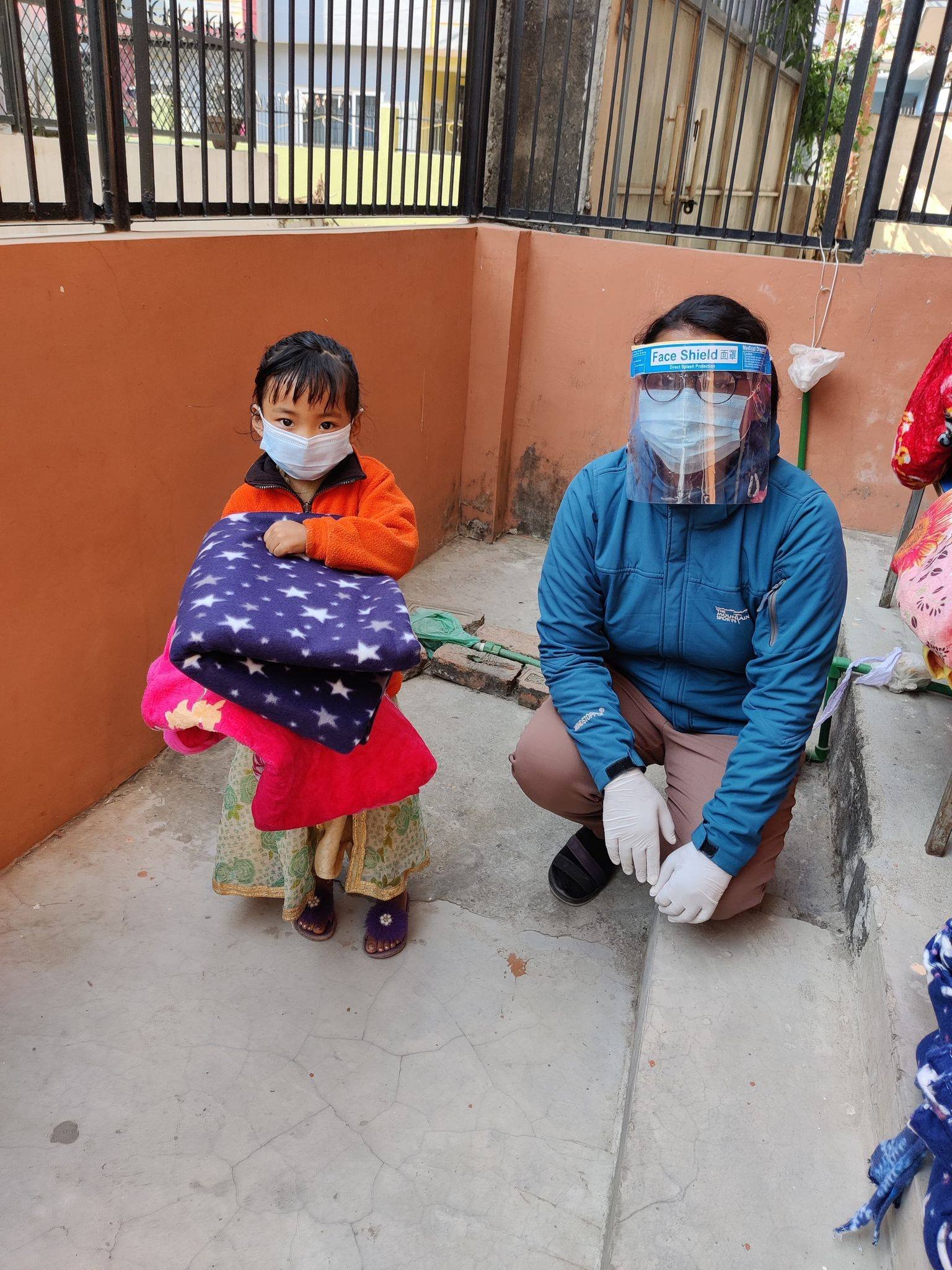Effects of the COVID-19 Pandemic in Nepal: Looking Long-Term
Beginning in March 2020, Nepal has gone through several periods of strict lockdowns, during which schools were completely shut down and many families were not able to go out into public even to purchase necessities for their homes. We have already seen drastic and unfortunate consequences from these lockdowns. A 2020 survey showed that only 42% of households in Nepal had a one-month supply of food, and many have experienced food insecurity throughout the pandemic. The first 74 days of the pandemic saw an astounding 1,227 people commit suicide in Nepal, where the previous year reported only an average of 15 deaths from suicide per month. Incidents of domestic violence and sexual abuse increased, as did rates of depression, anxiety, insomnia, and other mental illnesses.
In addition to police-enforced lockdowns within the country, Nepalese people were also severely affected by border closures, especially between Nepal and India. Nepal largely relies on India for medical and health care supplies, including oxygen for ventilator patients. Throughout the pandemic, spikes of cases and an overtaxed healthcare system in India has also meant critical shortages in Nepal, on top of ICU bed and equipment shortages. Further, estimates show that several million of Nepalis find work and even live in India as low wage, migrant workers. During the initial wave of closures and lockdowns in March 2020, hundreds of these workers were stranded at the India-Nepal border, unable to return home to their families. Even after these borders eventually opened to allow workers to cross, millions of jobs were still lost or at risk of disappearing because of COVID-19.
Nepalese migrant workers; Source: Borgen Magazine
In total, Nepal has seen over 964,000 COVID-19 cases and nearly 12,000 deaths since the start of the pandemic. January 2022 saw the highest peak in daily cases, at over 8,800 cases per day, since Nepal’s greatest spike of over 9,300 cases per day in May 2021.
As daily case averages slowly begin to fall again after this massive peak, we are reflecting on the long-term consequences that this pandemic has brought onto the country and our work in Nepal. Our staff in Nepal have worked tirelessly to prepare and give our children the materials they need for distance learning and to continue their education under lockdowns. In addition to regularly distributing emergency kits, we have distributed laptops, cellphones, and other educational supplies. These efforts are vital as a 2019 survey shows that more than 80% of people in the Nepali province we serve do not have a computer or internet connection, and over 10% do not have a cellphone. Our families are among the poorest in the area and could not afford to buy these technologies for their children when schools went remote. BSF staff have also provided extra counseling and guidance to children and one-on-one tutoring and attention to combat learning loss.
Many of our families were among those who experienced job loss, as well as the stress, anxiety, and insecurity that came with it. In an area where opportunity is already scarce without education, this income loss has already had and will continue to have detrimental effects for these families that already live paycheck-to-paycheck and sometimes do not have enough to eat. We have been able to supplement these losses by giving out hygiene supplies, food, and other necessities to our most needy families throughout the pandemic.
Besides the direct and short-term negative health outcomes from the pandemic, such as worsening mental health, food insecurity, and viral infection, we expect to see cascading health effects from lockdowns, shortages, and even more limited access to care for years to come. Pregnant women and people with chronic conditions have all suffered from not being able to receive regular care and treatment during the pandemic, and these limits will likely lead to negative, downstream effects in the future. Young children have missed critical immunizations as national campaigns for these vaccines in Nepal were halted during the pandemic.
Karma Thalo Foundation health clinic in 2019
We are committed to keeping the children that we serve healthy and engaged in their education. The pandemic has made more challenges for them, for us at home in the United States, and for BSF staff in Nepal, as they combat their own COVID-19 cases and try to navigate the complex, ever-changing situation in Nepalese society. Moving forward, the need for Mitrata programs is greater than ever, as families already in poverty are more financially insecure, as children who could not attend and engage in distance learning have suffered learning loss, and as there are growing health concerns in Nepal as a result of the pandemic. To address this increased need, we have already moved our programs into a new, larger building and have fundraised to purchase an SUV that will aid our staff in providing services to our children. Our five-year strategic plan includes expansion to serve more children and provide another Contact Center in the Kathmandu valley. We appreciate your continued support and commitment to our mission and vision. Together, we truly make a difference one child at a time.




